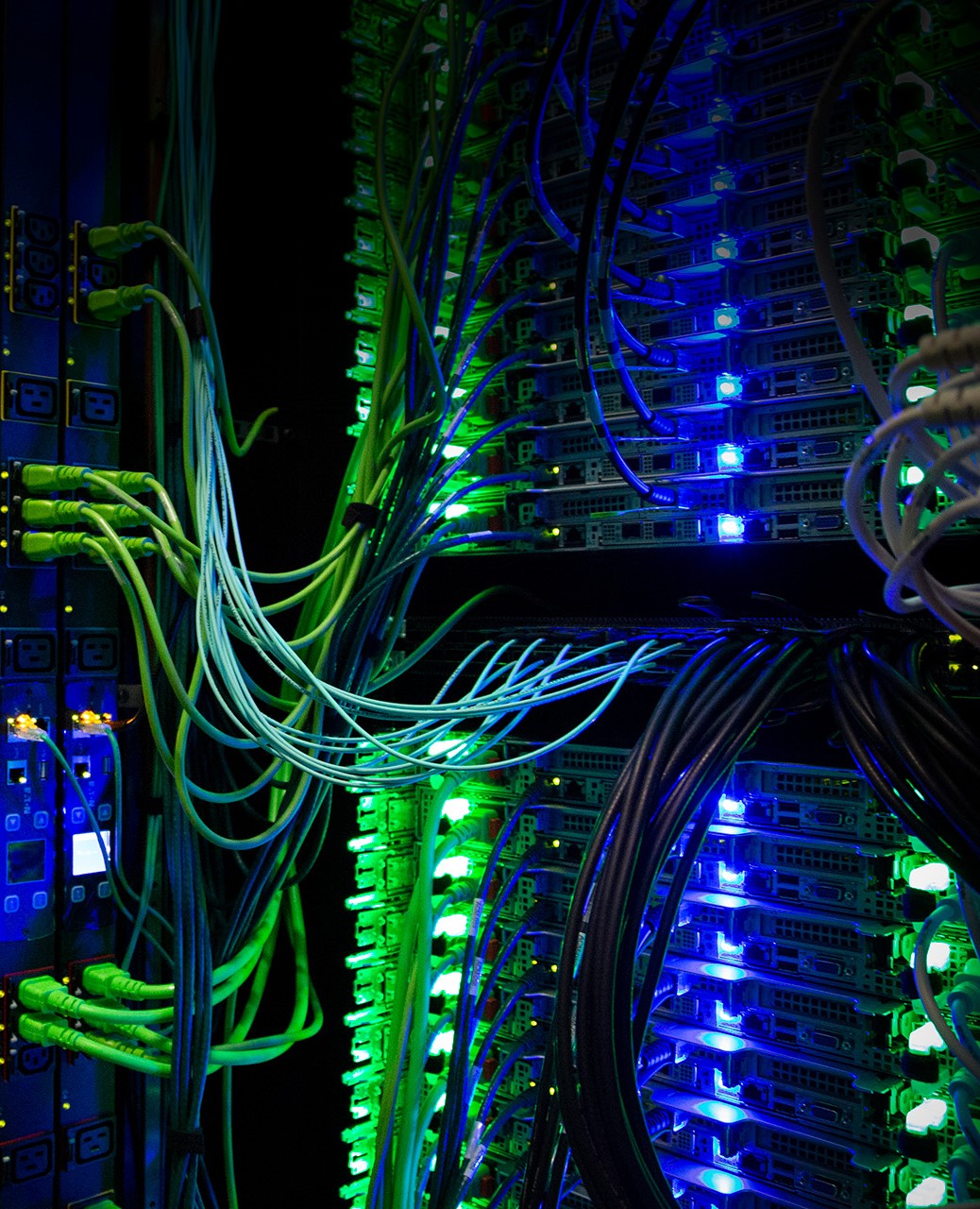Software with Singularity
The HPCC is now equipped with the ability to run software containers using Singularity. Singularity is installed on all development and compute nodes. The Singularity software module makes several containers available through additional software modules. These include general use containers for CentOS 7.3 and Ubuntu 17.04, a container with Tensorflow enabled python, and a container for running Rstudio.
Unfortunately, root access is required to build containers, so users cannot create containers directly on the HPCC. Users can upload containers that have been built elsewhere. The simplest way to build containers is using Sungularity-Hub (http://singularity-hub.org), which can automatically build containers from configurations stored in a GitHub repository. Singularity containers can also be created by importing Docker images from Docker Hub, but differences between Docker and Singularity could cause these images not to run as expected.
This will provide several advantages to HPCC users. Software that was previously unsupported by the HPCC environment, such as Tensorflow and Rstudio, can now run within containers. Software made obsolete by a system upgrade can continue to be used through containers that emulate an older configuration. What's more, these containers provide researchers with a method to preserve software configurations and work flows for use when reproducing their results.
More information about Singularity and how to use it can be found on the HPCC Wiki (Singularity Introduction - MSU HPCC User Documentation).
